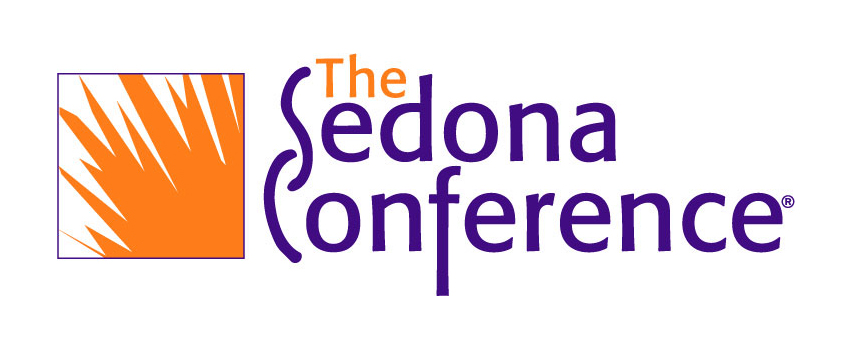The Age of Corporate Anti-Corruption Compliance

Bribery and corruption is a growing concern for businesses in all sectors and jurisdictions, although some involve greater risks than others. All companies should consider themselves open to scrutiny by authorities. With the effects of social media, news continues to linger and reach more people than through traditional news outlets, potentially exposing companies to reputational damage. Companies also risk enormous fines, legal and investigative fees, which, combined with the steep costs of monitorship, means that a proactive approach to compliance is essential.
Snapshot of Global Standards
Despite a global marketplace, there is no international anti-corruption law and standard. The relevant laws in different countries and regions are complex and diverse. While anti-corruption laws are becoming more robust in many jurisdictions, the UK Bribery Act (known by some as “FCPA on Steroids”) now represents the most expansive and stringent anti-corruption law in the world, even compared to the US Foreign Corrupt Practices Act (FCPA). Along with national laws, companies should also be aware of treaties under the United Nations and the Organisation for Economic Cooperation and Development (OECD) in order to present evidence of a broad approach to compliance.
While anti-corruption laws may vary around the world, common requirements of these laws form the backbone of any compressive compliance programme. To effectively prevent and detect issues of corruption, bribery, and fraud in international business, compliance has to be an active part of the organization and culture. It is a continuous and ongoing process that requires nurturing, monitoring and maintaining. This requires a paradigm shift in activity, moving away from reactive fire-fighting to the proactive management, prevention and detection of corruption and compliance risks.
What Global Companies Should do to Prevent Potential Liability
What does the increased enforcement of the FCPA and UK Bribery Act mean for ediscovery? First, in any matters that are international in scope, you will need to comply with data privacy regulations. Depending on the type of investigations, the collection of documents can be from custodians scattered around the world. The varied documents (emails, financial records, or expense accounts, for example), may be written in different languages. Relevant information might also be stored in different media sources. Finally, determining what information to search for can be difficult, since you will need to show evidence of the absence of corruption. Given these challenging parameters, the best course of action is to get a sense of the potential scope of review as quickly as possible.
Given the regulators’ ongoing focus on compliance with global anticorruption legislation, conducting targeted due diligence and proactive audits is increasingly critical for companies involved in cross border transactions. With technology and tools, companies can develop proactive strategies to confront the rising global tide of enforcement of anti-corruption laws. Companies who understand this and pledge resources to ethics and compliance programs, can navigate their company away from icebergs and on to safer shores.
